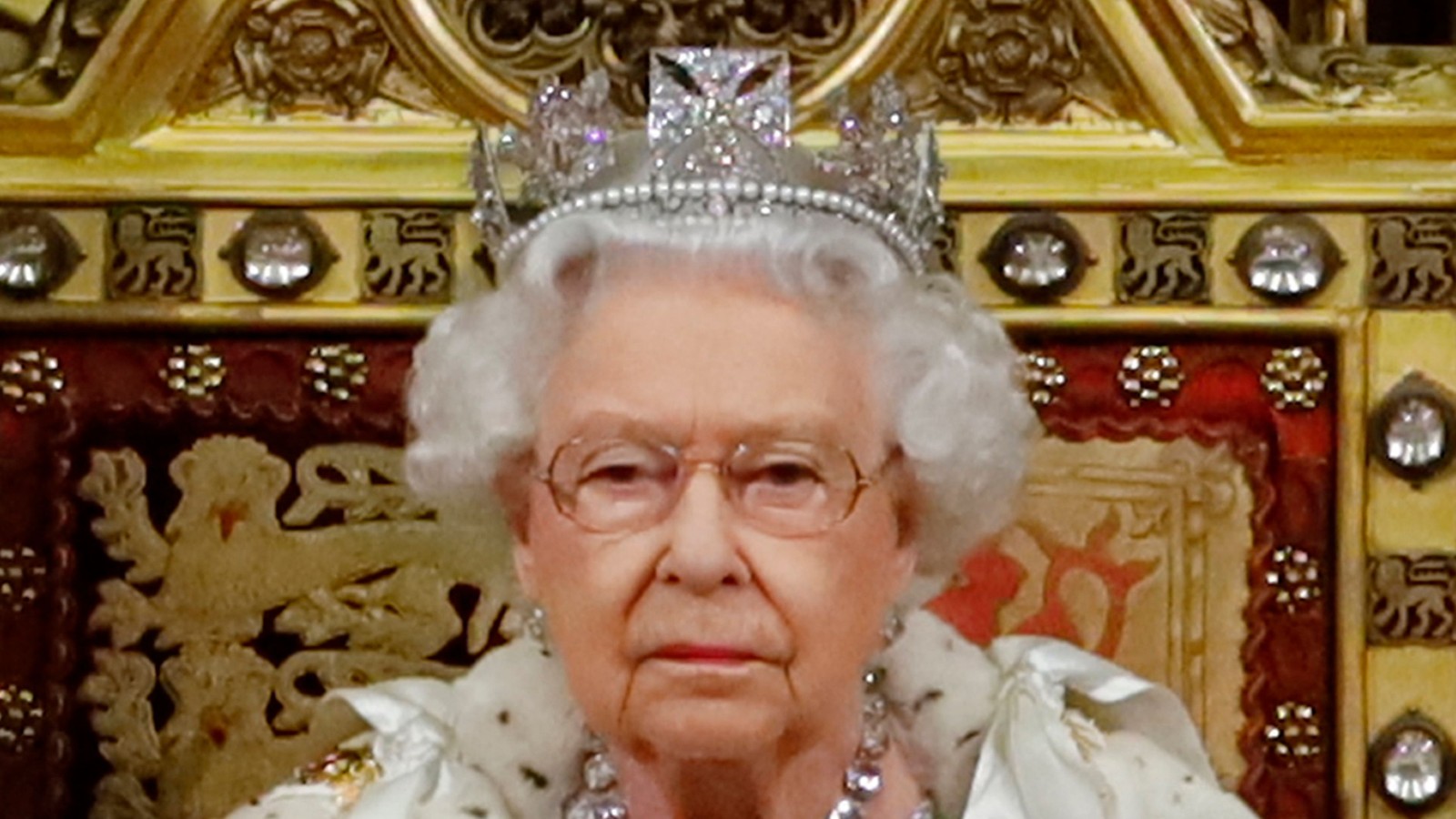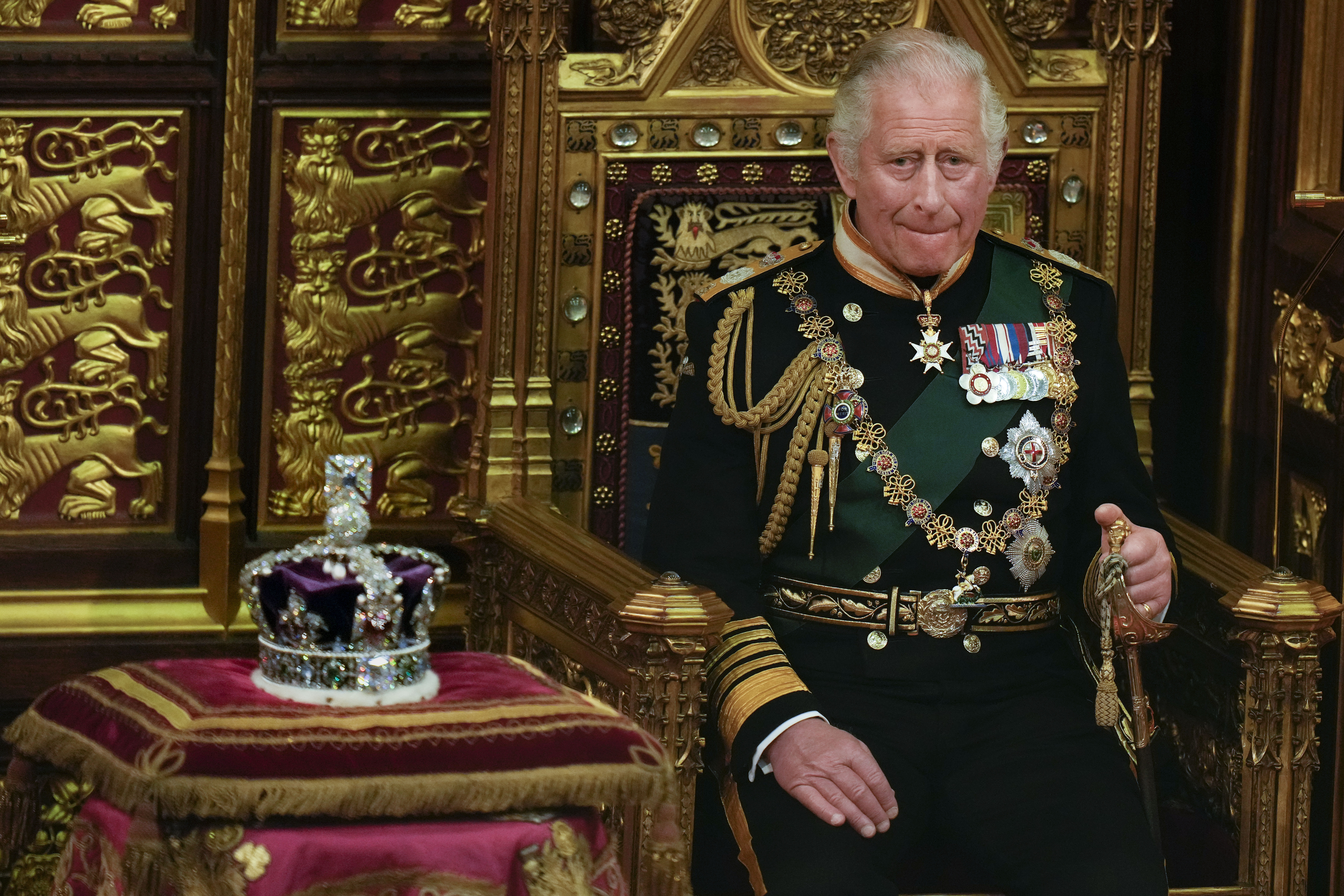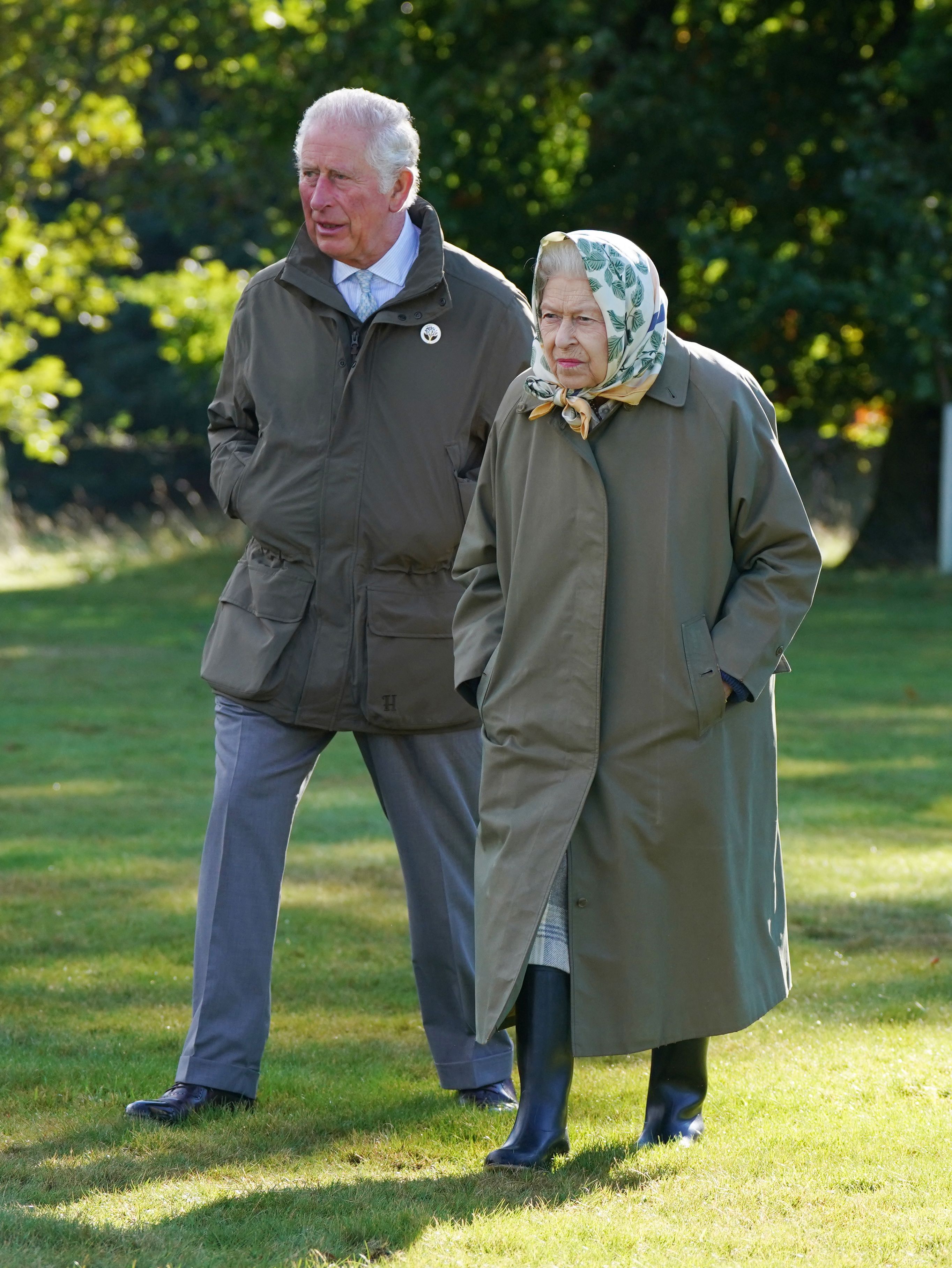Why the Queen can’t ‘simply’ quit the throne over increasing health concerns
The Queen has canceled multiple recent appearances due to poor health, but it looks unlikely she'll give up her Crown any time soon


The Queen's repeated absences at royal engagements have led many to wonder if she should quit the job altogether, but retirement from the British monarchy isn't exactly a straightforward process.
- The Queen's repeated absences at public events over the past several months have led many royal fans to question why the 96-year-old monarch doesn't transfer her powers to Prince Charles.
- According to a constitutional expert, however, Her Majesty's options to resign without abdication aren't a straightforward procedure.
- In other royal news, Prince Charles' ‘complaint’ to Duchess Camilla revealed by lipreader as he stepped in for the Queen.
For most people in their 90s, a 40-hour workweek at the office is a distant memory.
The average age to retire in the UK currently hovers around 65, one year before entitlement to the State Pension kicks in. At this stage, many Brits begin a whole new lease of life—with freedom from the rat race often giving way to more pleasurable activities, such as hobbies, volunteering, and socializing.
This privilege, however, does not apply to the Queen. The 96-year-old, who recently passed her Platinum Jubilee, has now headed the Royal Family for over seven decades—making her the longest-running monarch in British history.
Despite her advanced age and declining health, Her Majesty has continued steadfast to carry the Crown in all its glory. She still holds virtual audiences at Windsor Castle, performs her daily Red Box filing, and maintains regular correspondence with leaders in the Commonwealth and United Kingdom.
Even during her physical absence at yesterday's State Opening of Parliament, her symbolic presence radiated through the positioning of the Imperial State Crown next to Prince Charles.

It's undeniable, however, that the Queen has greatly retreated from royal life. Her Majesty has canceled multiple engagements over the past few months, including her upcoming summer garden parties at Buckingham Palace and the Palace of Holyroodhouse. Royal officials have also revealed that her attendance at her Platinum Jubilee celebrations in June will be confirmed closer to the date, prompting widespread concerns over the stability of the monarch's health.
Sign up to our free daily email for the latest royal and entertainment news, interesting opinion, expert advice on styling and beauty trends, and no-nonsense guides to the health and wellness questions you want answered.
Her no-show at the State Opening of Parliament on Tuesday, which marked the first time she missed the event in 59 years, has only fuelled these worries. Many have suggested that the eldest of the Queen's children, Prince Charles, should step up and take over altogether.

According to royal experts, however, this option isn't exactly easy to practically pursue. If the Queen wishes to transfer her powers to the Prince of Wales without having to abdicate, a 'regency' would have to take place. However, this wouldn't happen without some tough board table talks between five key players in the British monarchy.
“A regency requires three out of five dignitaries, the Prince of Wales, the lord chancellor, the Speaker of the Commons, the lord chief justice and the master of the rolls, to certify that the Queen is permanently—permanently—incapable of carrying out her duties," explains constitutional expert Prof Vernon Bogdanor.
"That judgment would no doubt be made on doctor’s advice. There is no evidence that this is the case.
"The criterion is objective. The Queen cannot simply say: ‘I cannot carry out my duties.’ A voluntary decision she could in theory take is abdication.”
So, unless the Queen is proven to be "permanently" incapable of fulfilling her role, she won't be hanging up her boots any time soon.
"The criterion is objective. The Queen cannot simply say: ‘I cannot carry out my duties.’ A voluntary decision she could in theory take is abdication.”
It has also been reported that Her Majesty has always shunned the idea of abdication, believing such an act to be in breach of the "pact" she made with God at her 1953 coronation.
"She is an anointed Queen,” the royal historian Hugo Vickers told the Guardian. “And if you are an anointed Queen you do not abdicate.”

Hailing from the lovely city of Dublin, Emma mainly covers the Royal Family and the entertainment world, as well as the occasional health and wellness feature. Always up for a good conversation, she has a passion for interviewing everyone from A-list celebrities to the local GP - or just about anyone who will chat to her, really.
Emma holds an MA in International Journalism from City, University of London, and a BA in English Literature from Trinity College Dublin.